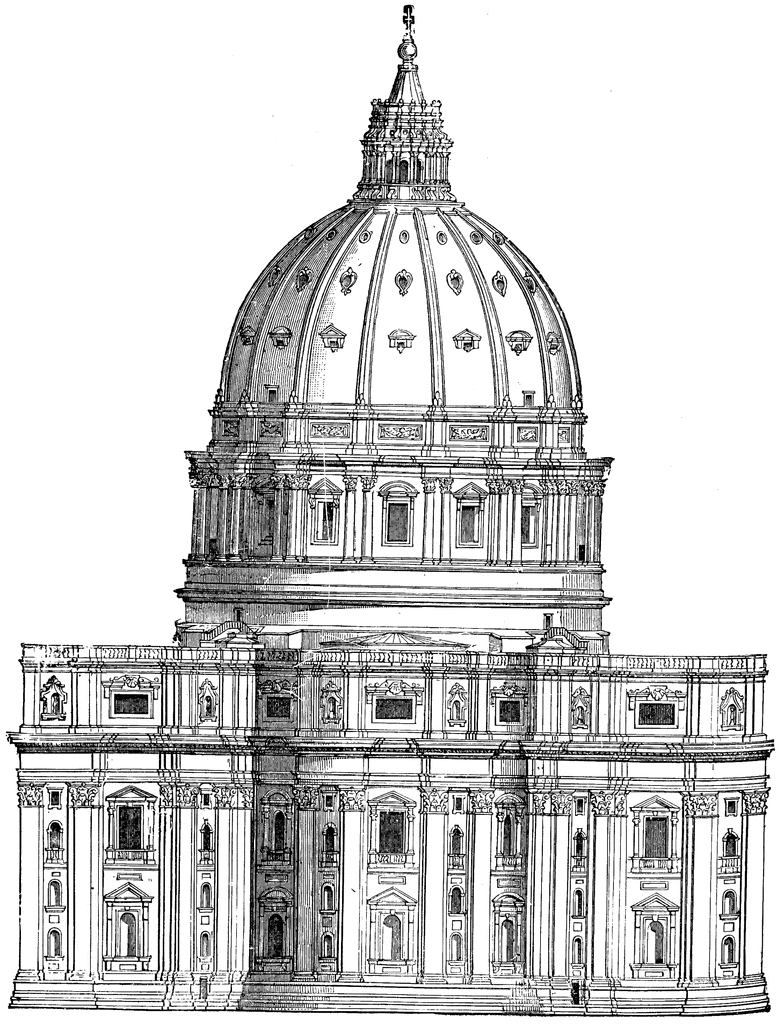
The structure of Roman roads varied greatly, but a typical form was an agger, or bank, forming the road’s core, built of layers of stone or gravel (depending on what was available locally). In areas of soft ground the road might be built over timber piles and layers of brushwood. The Wages of Sin - Romans 6:23 'For the wages of sin is death' - Romans 6:23 To be truly redeemed, a person must realize their sin is an offense to our Holy God. They must understand, unless. The Roman roads were essential for the growth of the Roman empire, by enabling the Romans to move armies. A proverb says that 'all roads lead to Rome.' Roman roads were designed that way to hinder provinces organising resistance against the Empire. At its peak, the Roman road system spanned 53,000 miles (85,300 km) and contained about 372 links.
A few years ago I read a post by Phyllis over at All Things Beautiful on how to make an edible Roman road. I thought, “I’m totally doing that.” Fast forward a few years, I stalked her blog, found the post and pinned it to my Mystery of History 2 board. Then I set about gathering supplies and modifying it to what I was able to find.
Supplies for an edible Roman Road
(some of these are affiliate links, I get a small commission if you purchase from them)
- graham crackers
- melted butter (I did about 1 stick, if you want exact measurements check out Phyllis’ post)
- chocolate pudding
- chocolate chips
- whipped cream (or whipping cream and powdered sugar)
- shortbread cookies
To cut down on sugar overload I’m eliminating one of the layers in Phyllis’ edible Roman road.

Mixing and creating your edible Roman road
First mix up your chocolate pudding and whipped cream. Somewhat off-topic, but can I just say I love my Hand Mixer, but I’m noticing I might need a new one soon.
After you’ve mixed up the chocolate pudding let it sit for a few minutes and then mix in the chocolate chips.
While those are setting up smash the graham crackers into smithereens. Mix up the crumbs with the butter.
Now, you’ve got all the mixing done and are ready to add in your layers.
- Smooth in the graham cracker crumb layer. After you’ve added it, take a moment and pat it down a little bit. That will make adding the next layer easier.
- Spread the chocolate chip pudding mixture in. Watch the kids start to drool as they imagine the sugar rush they’re going to get.
- Add the whipped cream on top. Now you’re ready for the final layer.
Add on your shortbread cookies for the final layer of the edible Roman Road.
What are each of these layers in your edible Roman Road?
Well, I’m glad you asked. Here’s what they are:
- The graham cracker and butter is the sand that was laid to make the road level.
- The chocolate pudding and chocolate chips is the mortar stone that would be mixed together to make a strong base.
- The Whipped cream represents the concrete layer. Random side point, historians believe Romans invented concrete.
- The shortbread biscuits represent the limestone paving stones that are the final layer.
Roman Roads were so sturdy and well put together they were used for hundreds of years after the Roman empire fell. For years afterwards people would come and pry out the stones to use in their own buildings because they were so well cut. Even today, over 2000 years later you can still find the remains of the Roman roads throughout Europe.
For the rest of our Roman posts head over to Hands on Roman History a part of the iHomeschool Network’s hopscotch.
For more Roman inspiration
Roman_road_cross-sectional_diagram_for_typical_via_glareata_or_via_munita.xcf (678 × 363 pixels, file size: 43 KB, MIME type: image/x-xcf)
Captions
Captions

Summary[edit]
| Description | English: Roman road cross-sectional diagram for typical via glareata or via munita |
| Date | |
| Source | Using GIMP image editing software |
| Author | PocklingtonDan |
This XCF graphic was created with GIMP.
XCF files must be compatible with GIMP 2.8 in order to be displayed. Files created with GIMP 2.10 format currently are not supported by the MediaWiki software (see T196054). Furthermore, indexed images are not supported and must be converted to RGB or grayscale. |

Licensing[edit]
| Permission is granted to copy, distribute and/or modify this document under the terms of the GNU Free Documentation License, Version 1.2 or any later version published by the Free Software Foundation; with no Invariant Sections, no Front-Cover Texts, and no Back-Cover Texts. A copy of the license is included in the section entitled GNU Free Documentation License. |
| This file is licensed under the Creative CommonsAttribution-Share Alike 3.0 Unported license. | |
|
File history
Click on a date/time to view the file as it appeared at that time.
| Date/Time | Thumbnail | Dimensions | User | Comment |
|---|---|---|---|---|
| current | 10:01, 22 September 2013 | 678 × 363 (43 KB) | PocklingtonDan(talk | contribs) | Uploading a self-made file using File Upload Wizard |
File usage on Commons
There are no pages that use this file.